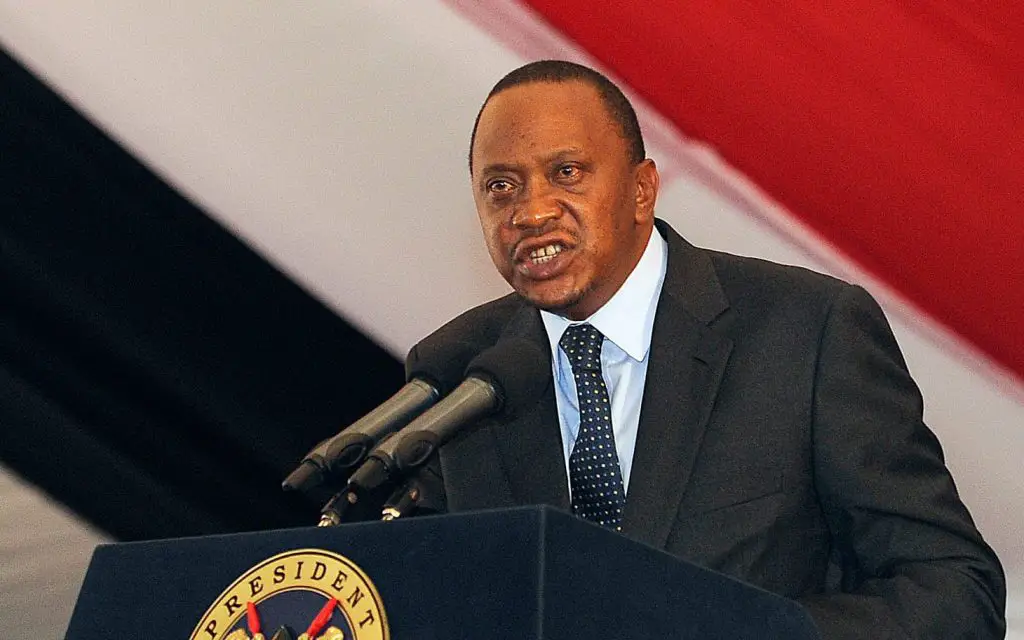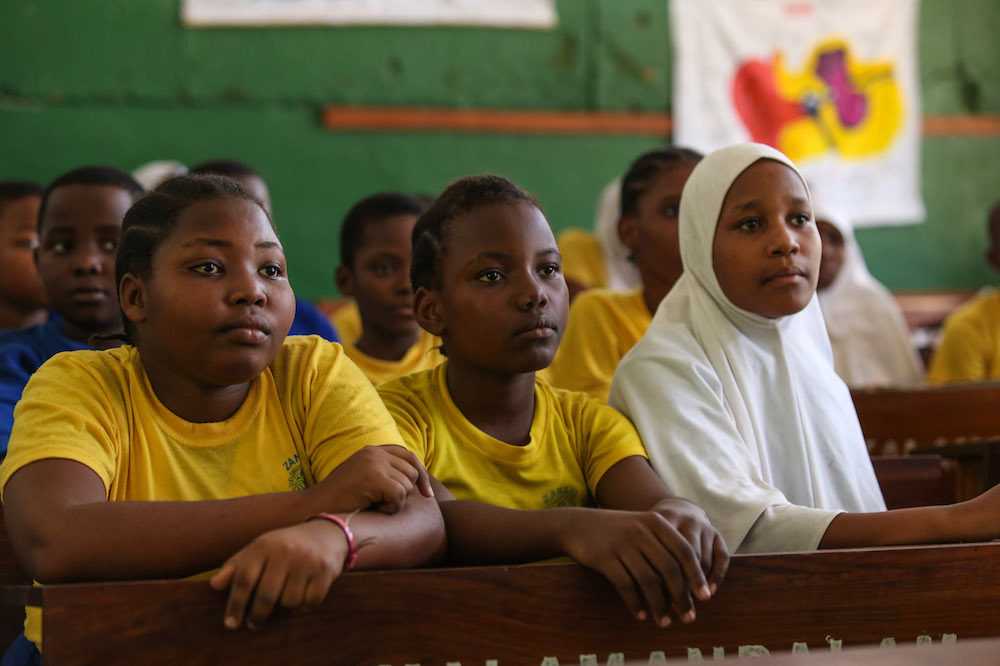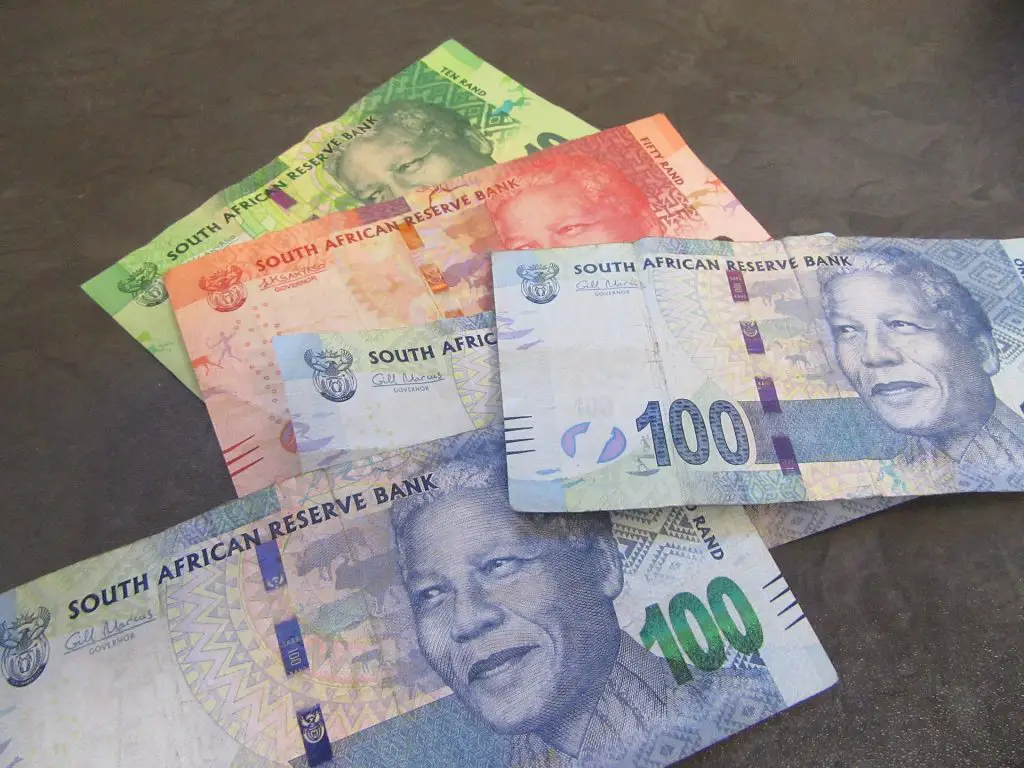- Why France is Concerned by Foreign Investors Challenges in Tanzania
- “Lost Crops” Provide Unique Opportunity For Food Security in Africa
- Billionaires Who Got Rich The Fastest – 2024 Research
- Zimbabwe stares at economic slowdown to 2 percent due to El-Niño crisis
- ATIDI supports Globeleq’s 35MW geothermal project in Kenya with RLSF cover
- Could Artificial intelligence technologies be the future of the world?
- Cyber Recovery Costs Soar 50 per cent in 2024, Way Above Insurance Limits
- Kenya’s Ruto retreats on tax bill after fiery protests, calls for youth dialogue
Year: 2020
Uganda Revenue Authority (URA) limited some products from custom warehousing at the port of entry which forced a drop in warehouse leasing activity during the second half of 2019.
This is according to a Knight Frank report which pointed out that impact by statutory directives saw varied activity in the retail segment of real estate, during the period URA issued a list of goods that would not be eligible for customs warehousing at the point of entry.
According to the report, the net effect of this meant that traders would have to import goods, pay taxes immediately and then transport them to the final destination.
Also Read: Uganda leads EAC in ease of forex access
“The change in operations will no longer allow traders to keep certain items in bonded warehouses,” the report reads in part.
Some of the lists of goods included building materials, sugar, wines and spirits, motor …
The expansion of Africa’s economy—exemplified by East Africa’s vibrant economies(Kenya, Tanzania, and Rwanda) by adopting the manufacturing industry landscape and marrying it with high-end technological developments have both triggered a demand for more power,currently leaning towards renewable energy—all the while grappling with the challenge of high unemployment rates.
The United Nations 25thConference of Parties (COP 25) on climate change highlighted strictly on nations mitigating greenhouse gas emissions by adapting to renewable energy in their economies.
Morocco and Zambia are now embracing the adoption of wind and solar power with assistance from Green Climate Fund (GCF) and the African Development Bank (AfDB).
GCF and AfDB supported Zambia with a $154 million renewable energy fund to finance its framework, and lift the nation from electricity demand challenges, as the country relies on hydropower generation for 90 per cent of its needs.
Renewable energy in Africa could be a mighty saving …
The East African Community (EAC) is regressing with Kenya, Uganda and Tanzania leading the pack.
It is gross discouragement to hardworking East Africans who are seeing their countries’ economies continue on a downward trend despite the much-hailed talk of GDP growth.
Coupled with unfavourable economic conditions globally, the EAC economies are degenerating, leading to chaotic disruptions of livelihoods of the majority poor.
Kenya’s debts, theft of public resources
Kenya is East Africa’s economic hub but with the goings-on lately, it seems like the centre is no longer holding.
A Gallup International annual End of Year Survey released in 2002 showed that Kenyans were the most optimistic people on earth and in 2019 the Global Optimism Outlook Survey found that 70 per cent of Kenyans viewed themselves as optimists.
This average was above the global standing at 56 per cent and continental Africa’s average of 64 per cent.
For a country …
Tanzania and World Bank have been close development partners for more than 54 years, and throughout the years—Tanzania has benefited from several funds that tap into the core of transforming the development landscape in one of the largest economies in East Africa.
According to World Bank, in the last 50 years, the cooperation between the Bank Group and the Government has grown in financing, grants, policy advice, and research; covering various areas from macroeconomic management to projects in transport, energy, education, health, and other key sectors for both Tanzania Mainland and Zanzibar’s development.
Recently the government of Tanzania has experienced a hard-time securing a $500 million education loan from World Bank, scheduled to revitalize the crucial sector in Tanzania.
The loan could be largest financial assistance provided to Tanzania within the past three years aimed at the education sector.
And yet—the loan has been delayed, in the wake of human …
Already, the decision is sending shockwaves around the chocolate world with those opposed to the move painting a doom and gloom picture of why the plan cannot work.…
The Finance Bill, among other things, proposed an increase in the Value Added Tax (VAT) rate from 5 per cent to 7.5 per cent. The additional revenue from the increase in VAT rate would be used to fund healthcare, education and infrastructure. The Government intends to mitigate the impact of the VAT rate increase by introducing a VAT exemption threshold for businesses with a turnover of less than N25 million per annum, and expanding the list of VAT-exempt items to include the following:
- Brown and white bread;
- cereals including maize, rice, wheat, millet, barley and sorghum;
- fish of all kinds;
- flour and starch meals;
- fruits, nuts, pulses and vegetables of various kinds;
- roots such as yam, cocoyam, sweet and Irish potatoes;
- meat and poultry products including eggs;
- milk;
- salt and herbs of various kinds; and
- natural water and table water.
The Bill was signed into law by the President, Muhammadu …
Africa’s economies are growing strongly, but growth alone cannot meet the needs of the continent’s poorest citizens, because “nobody eats GDP,” said Akinwumi Adesina, the President of the African Development Bank during the 2020 African Economic Outlook.
According to the 2020 African Economic Outlook, Africa’s economies are growing well, higher than the global average. The report anticipated a steady rise in growth in Africa from 3.4% in 2019 to 3.9% in 2020 and 4.1% in 2021.
According to the report, these figures do not give all the details. Because across the continent, the poor are not seeing the benefits of strong growth. Comparatively, few African countries posted substantial declines in extreme poverty and inequality, which remain higher compared to other regions in the world.
The report also revealed only 18 of 48 African countries with data, had inclusive growth.
Also Read: African Development Bank approves $22m to Egypt
“Growth must …
MTN, the South African telecoms group has said it will invest $1.6 billion in Nigeria days after Nigeria backed down on a $2 billion tax demand.
In a meeting with the president of Nigeria Muhammadu Buhari, a team of four top executives from MTN group and MTN Nigeria said they will invest the money over the next three years.
“MTN announced a capital investment programme of $1.6 billion over the next three years to strengthen and expand its network and operations in the country,” said the company in a statement after the meeting.
Nigeria’s President said, “that the Federal Government of Nigeria is committed to providing an enabling environment for businesses to succeed”.
Also Read: MTN Cameroon gets mobile money accreditation
MTN hopes that the peace pact will mark the end of four years of disputes with Nigeria, which at one time was threatening a fine of $5.2 billion, cut …
On Monday, the South Africa’s rand firmed back to below the key 15.00 per dollar mark, which is mostly on profit-taking and month-end positioning after a sustaining a steep slide triggered by the Wuhan coronavirus shaking the world, Reuters reveals.
At 0700 GMT the rand was 0.43 per cent firmer at 14.9650 per dollar, having ended at 15.0300 on Friday. The coronavirus dragged the currency to its weakest level in three months—traded at 14.4800 last Monday, which was 0.59 per cent lower than its New York Close on Friday, January 24.
Reuters reported that investors concerned about the spread of the coronavirus wiped more than $400 billion off the value of China’s stocks in the first trading session in two weeks after an extended Lunar New Year break as the death toll from the epidemic rose to 361.
READ:Coronavirus and the Implications for Emerging Markets
The rand has tumbled …
Tanzania, one of East Africa’s largest economy is executing a phase-based sim cards shutdown across the country, following the set deadline of biometric sim card registration.
The procedure comes at hard times when, only 28.4 million sim cards have been registered by January 19, while Tanzanian Communications Regulatory Authority (TCRA) statistics show 48.8 million active sim cards are active in Tanzania.
In a nation with more than 55 million people, mobile services have become the most pervasive communications platform in Tanzania; by 2007, over 5 million people, representing a 10th of the population, subscribed to a mobile service. Hence—the 2019 GSM report on Digital Transformation in Tanzania, showed that today, the number of unique mobile subscribers has grown five-fold to 25.2 million.
This means that Tanzania’s current sim card lock could lose a significant portion of the tax and cripple money transfer income to mobile money agents and services …












